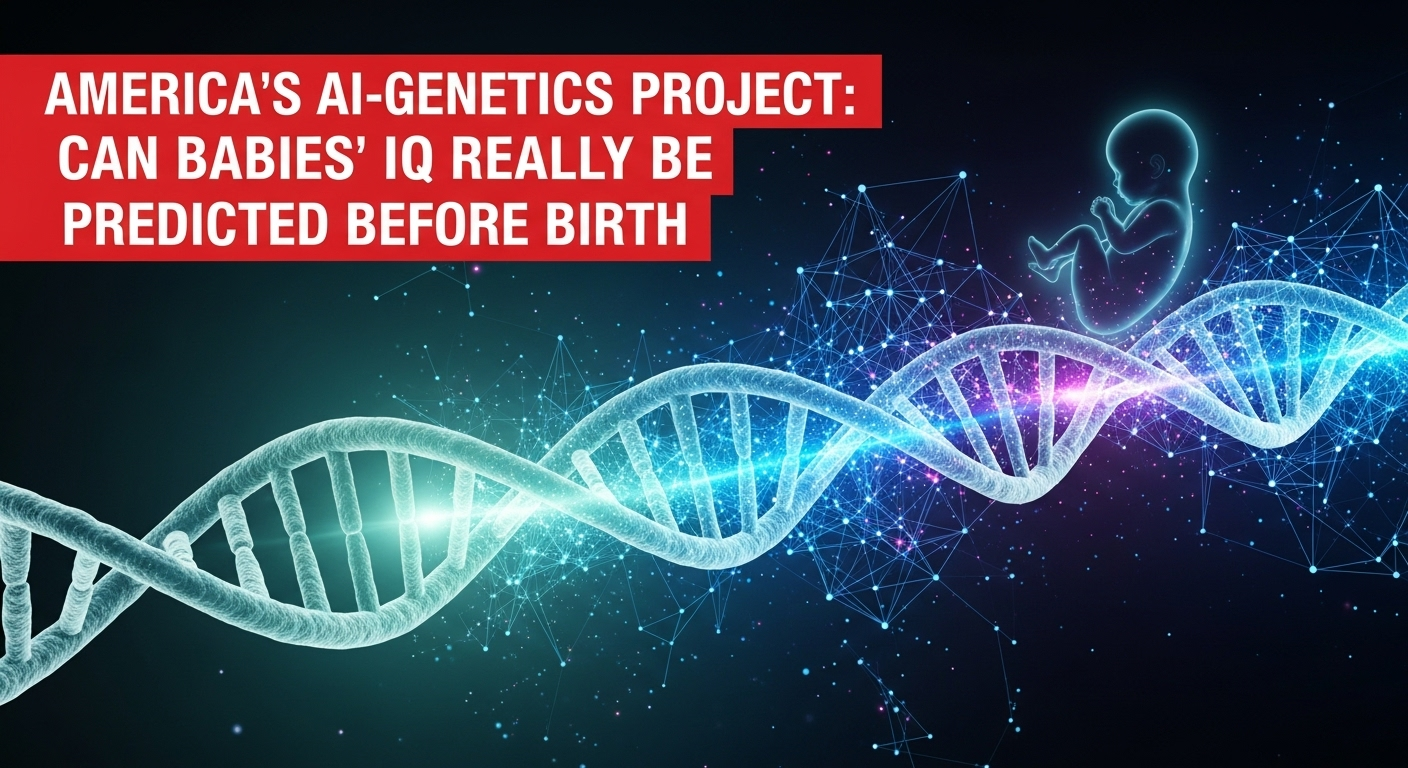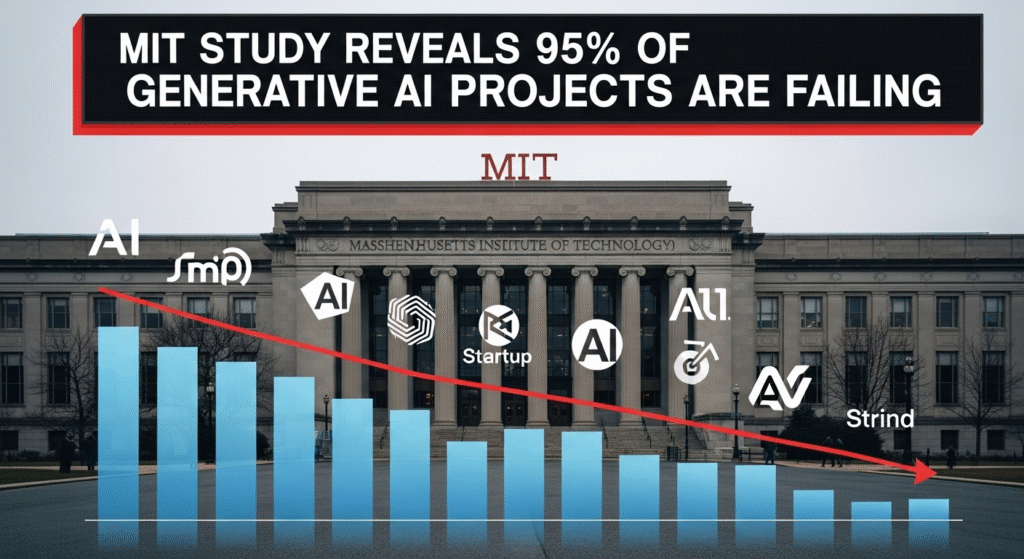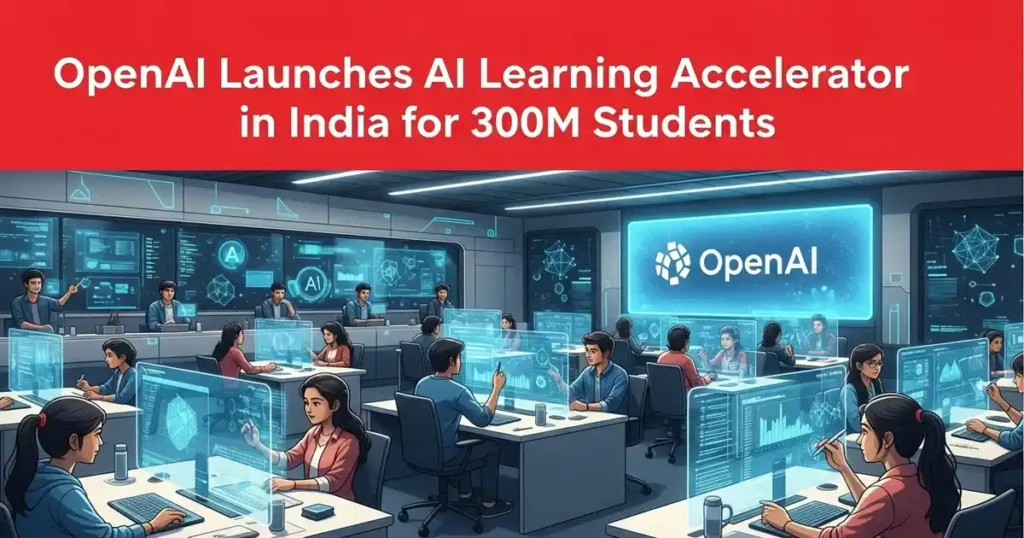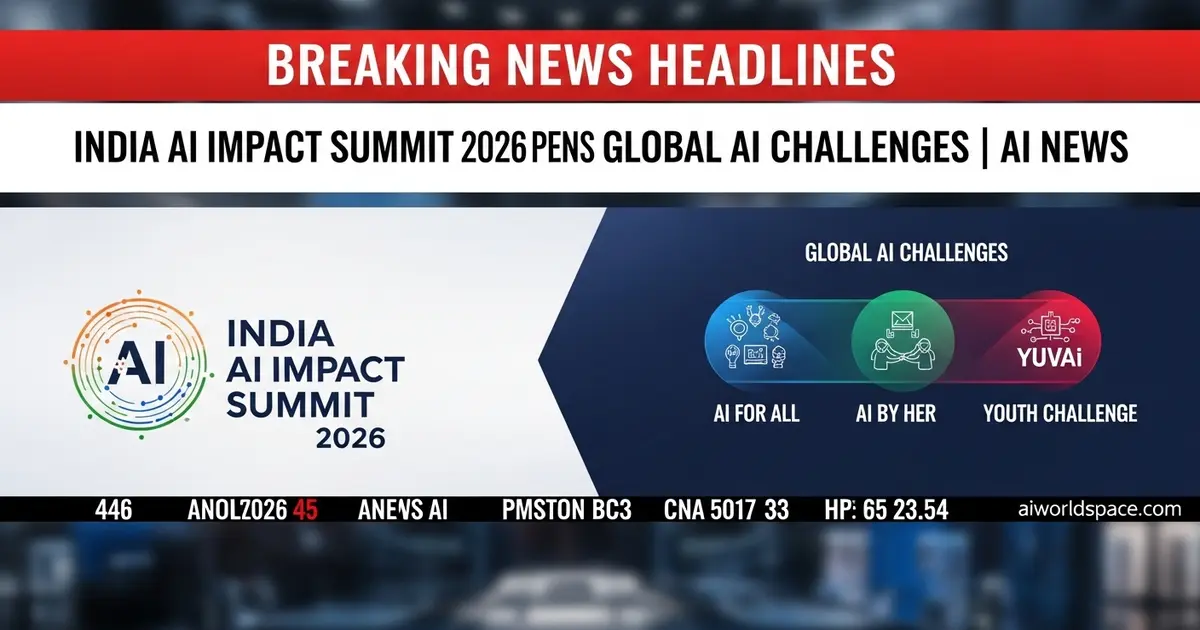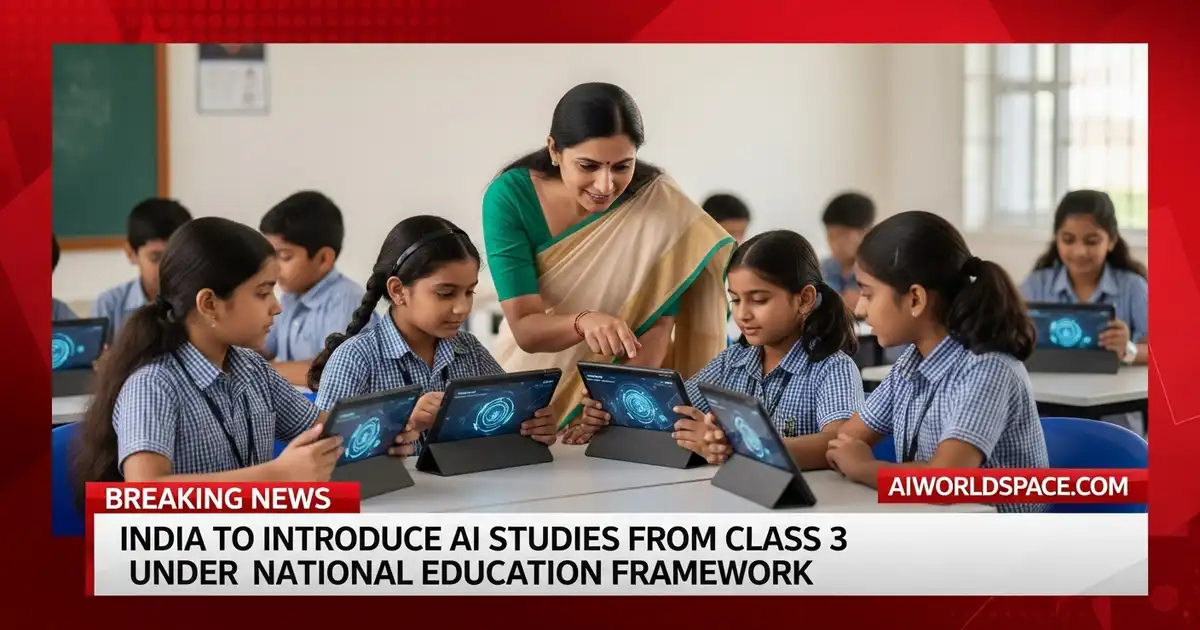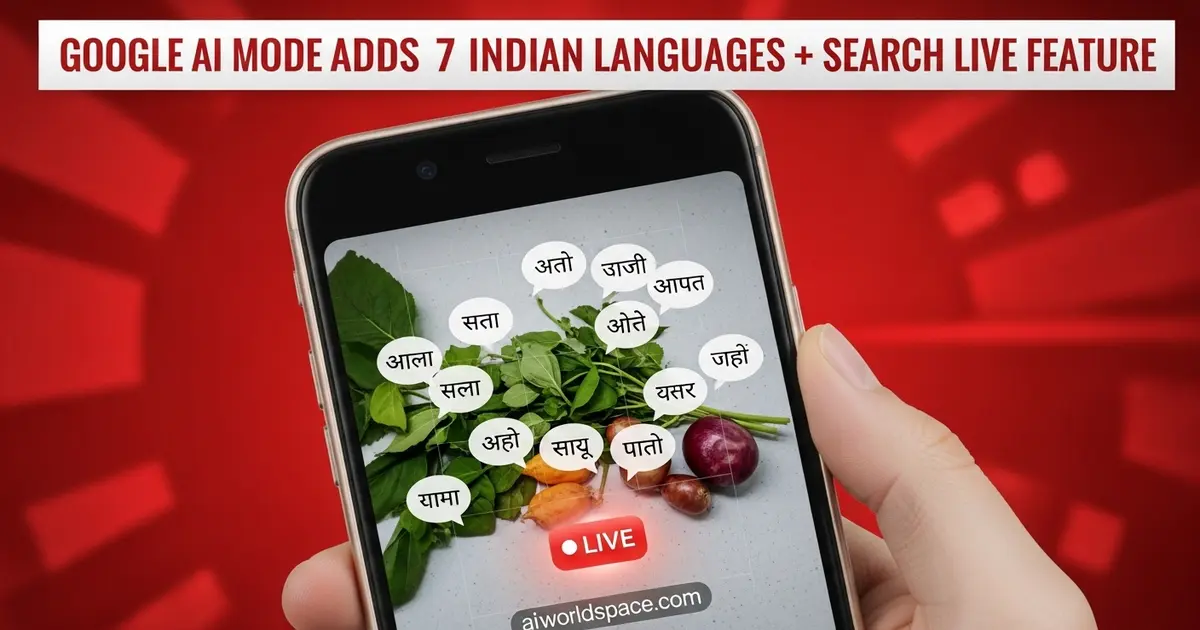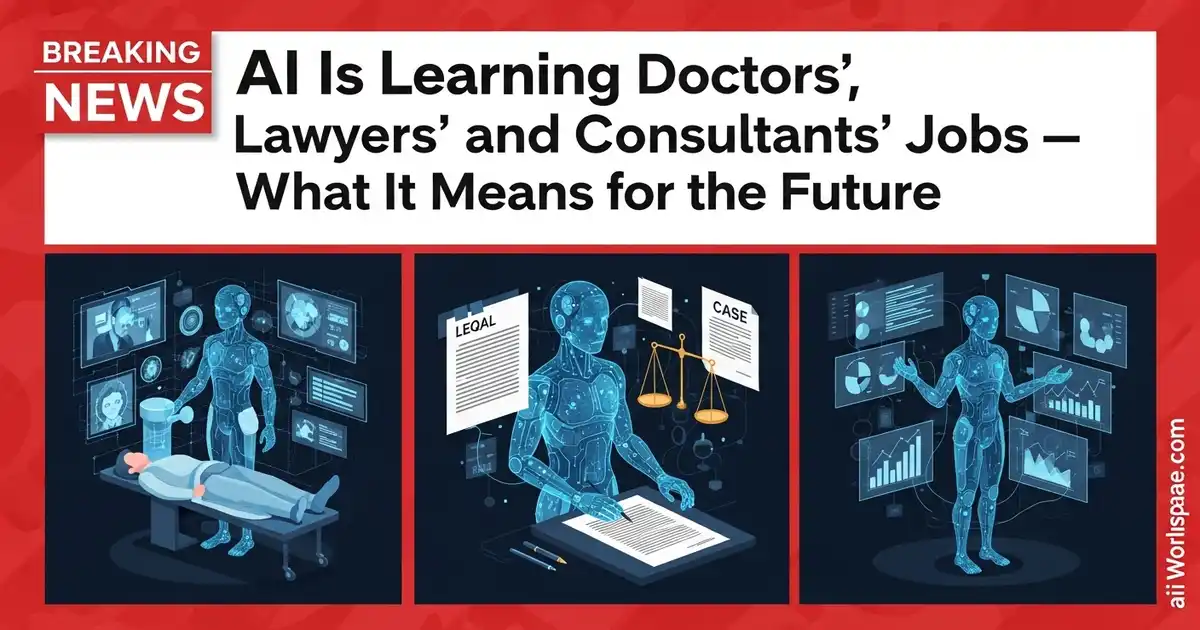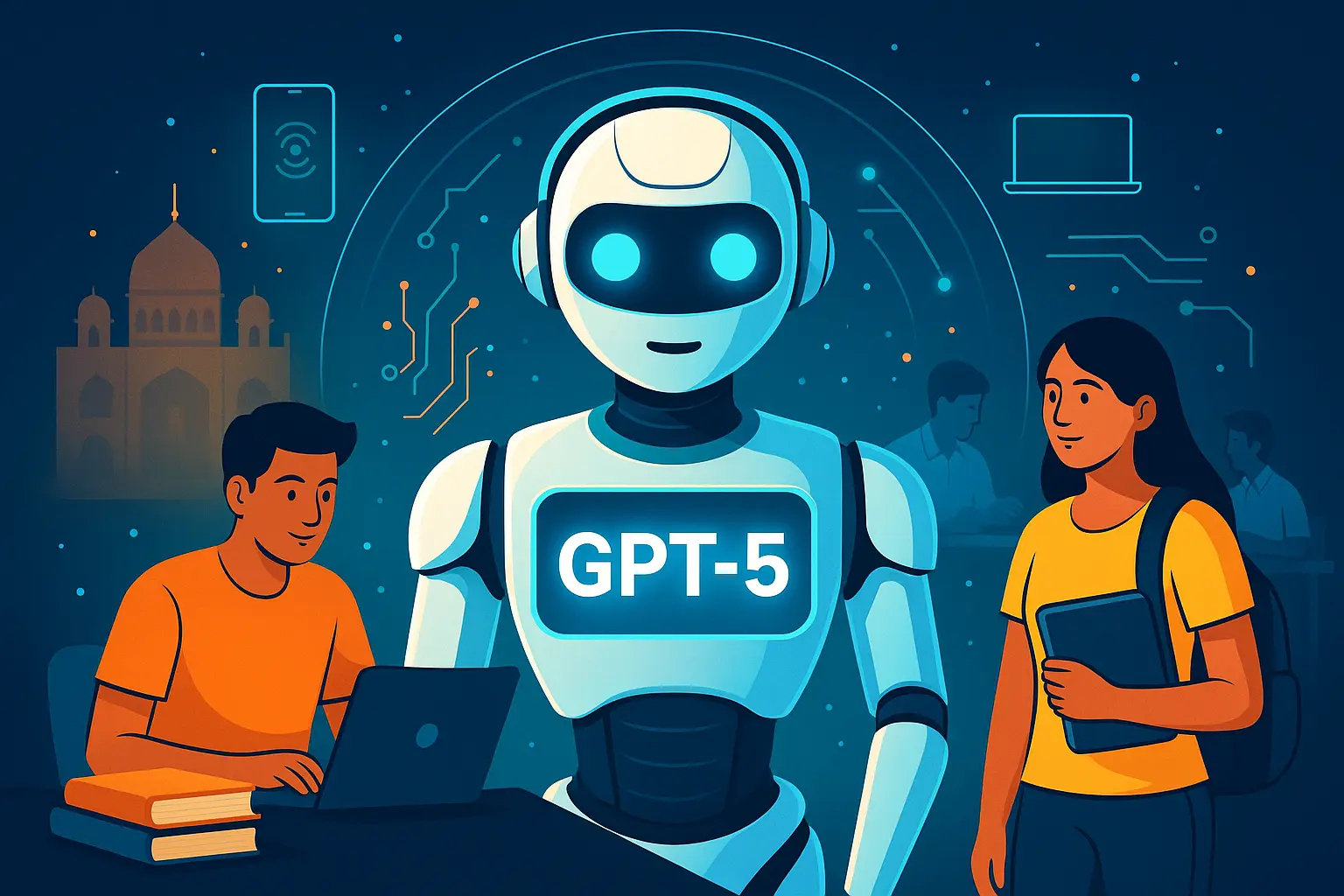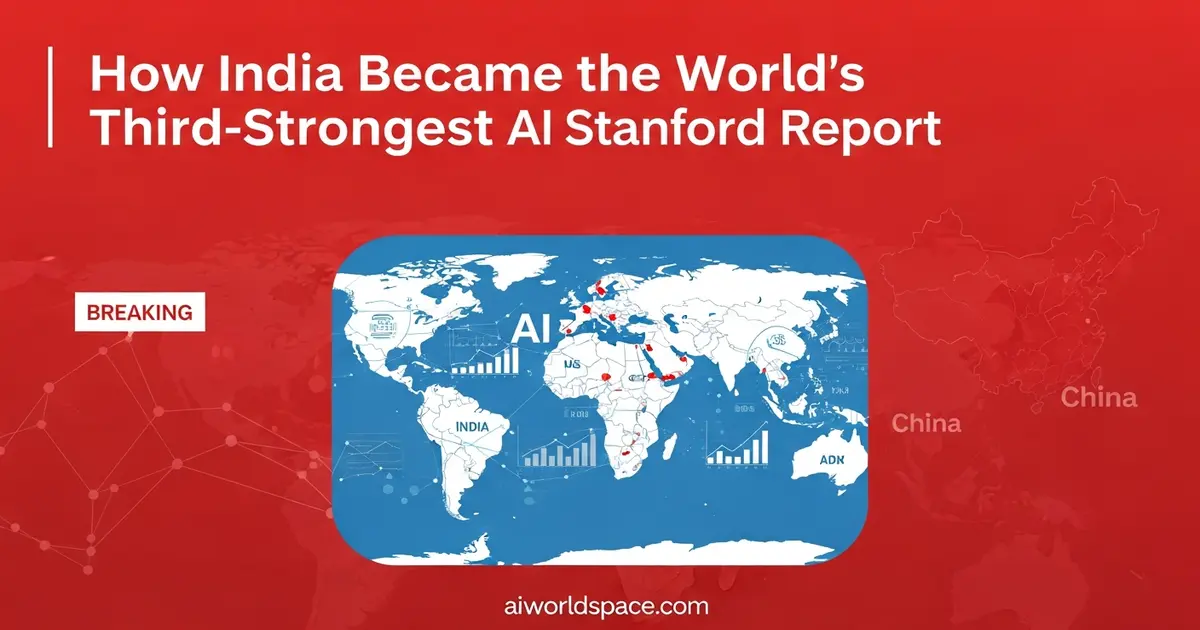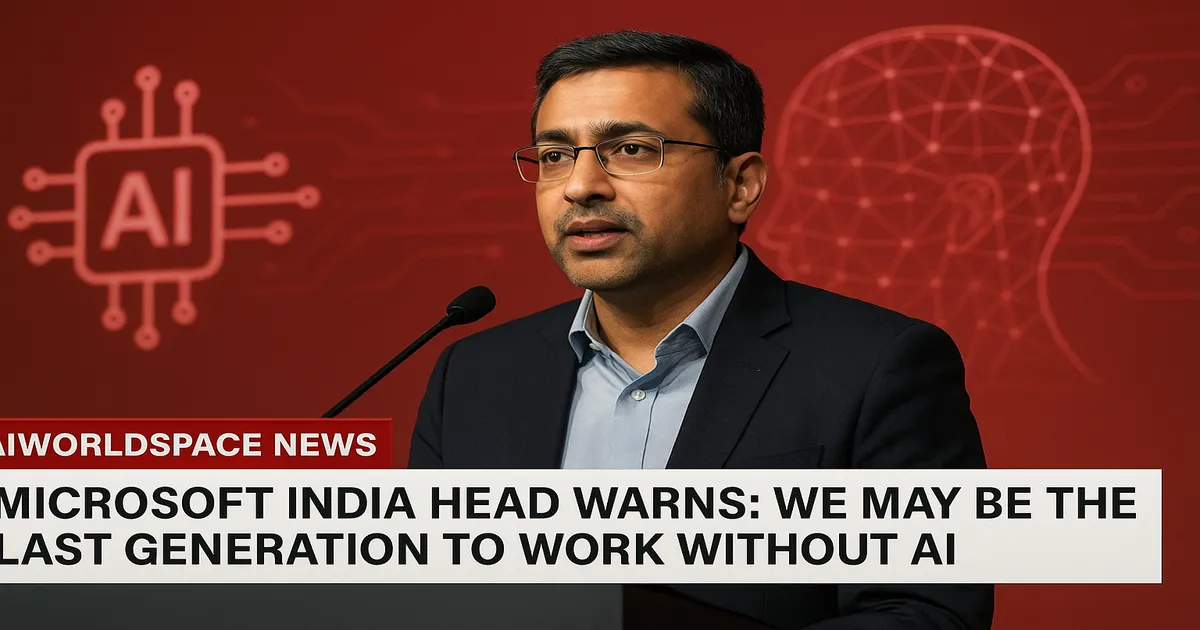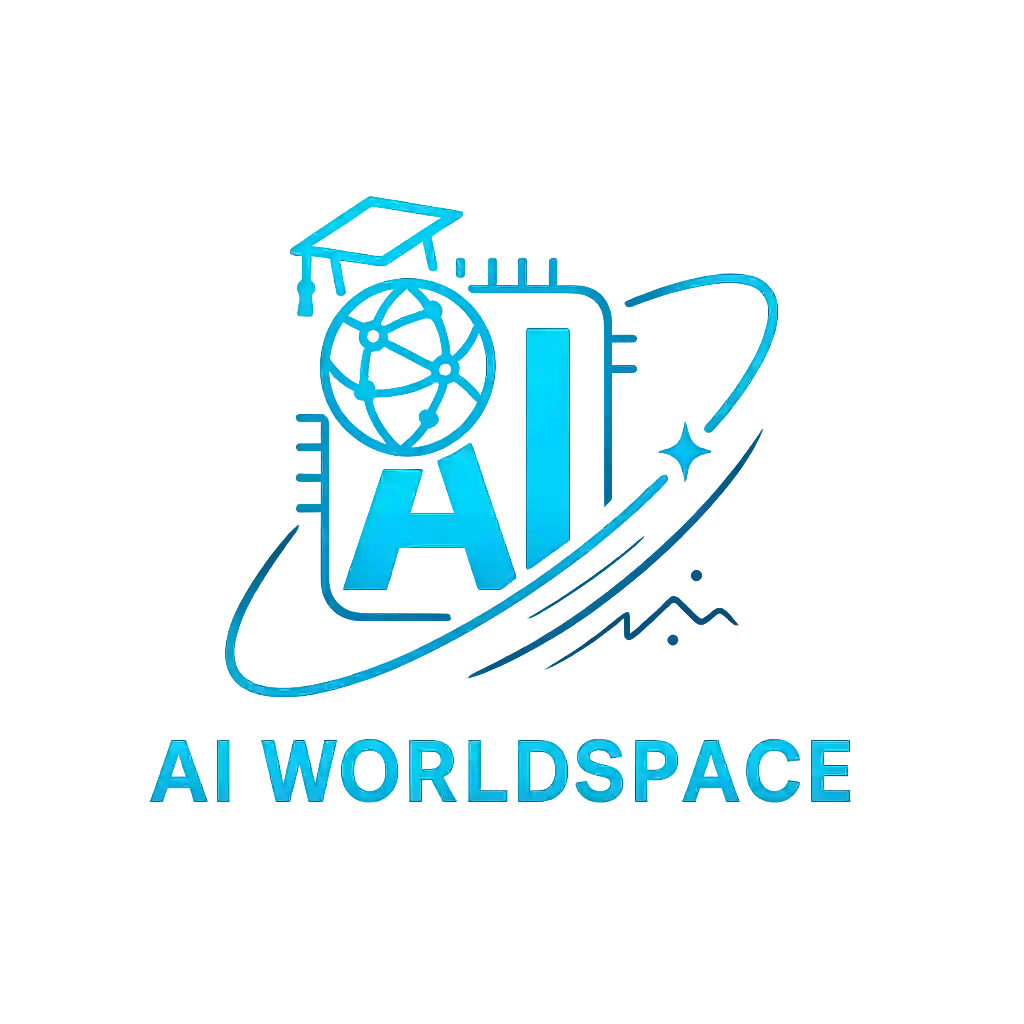Location: New Delhi | Date: August 17, 2025 | Read Time: 4 Min
Summary: Reports from the U.S. suggest scientists are exploring technology that could predict a baby’s intelligence before birth. By combining genetics with artificial intelligence, the research hints at a future where IQ may be identified — or even selected — before a child is born. The claims have triggered both excitement and alarm in equal measure.
Can Technology Really Predict a Child’s IQ?
The latest buzz in American scientific circles is about research that claims to predict the intelligence levels of unborn children. By mapping a foetus’s genetic makeup and using artificial intelligence for interpretation, scientists believe they can forecast intellectual potential before birth.
Read In Hindi- क्या AI से भी तेज दिमाग वाले बच्चे जन्म लेंगे? अमेरिका में हो रही नई टेक्नोलॉजी की तैयारी
Supporters call it the next frontier of science — one that could help parents and doctors plan better educational and developmental interventions right from infancy.
If accurate, such a tool could change the way we think about child growth, learning, and even career planning.
But this vision also brings strong ethical and social concerns. Critics argue that predicting IQ at such an early stage risks fuelling inequality, discrimination, and the idea of “designer babies.” Questions are being raised about how parents might use or misuse such knowledge.
The Ethical Storm Surrounding ‘Designer Babies’
The concept of genetically forecasting intelligence immediately sparks debates about morality and fairness. Bioethics experts warn that, if the technology becomes commercialized and becomes widely available, it could further exacerbate the social divide, where only the wealthy are capable of affording “smarter” children.
Civil and religious rights organizations across and around the U.S. have also criticised the policy, describing it as an attempt to disrupt the natural order of things. Scientists themselves are skeptical and insist that intelligence is not only by genes but also by environmental factors and education, nutrition and experiences in life.
At present, the research is in its an early stage, and no formal rollout has been yet announced. The concept of connecting AI together with genes to help predict IQ has already sparked global discussion
What This Could Mean for the Future of Parenthood
If the project advances, parents of the future may face decisions no generation has had to confront — whether to know their child’s intellectual potential before birth, and how to act on it.
Some see this as a chance to prepare children better, while others fear it could create pressure and unrealistic expectations even before a baby takes its first breath.
The question remains: is this science moving us towards progress, or opening a dangerous Pandora’s box?


